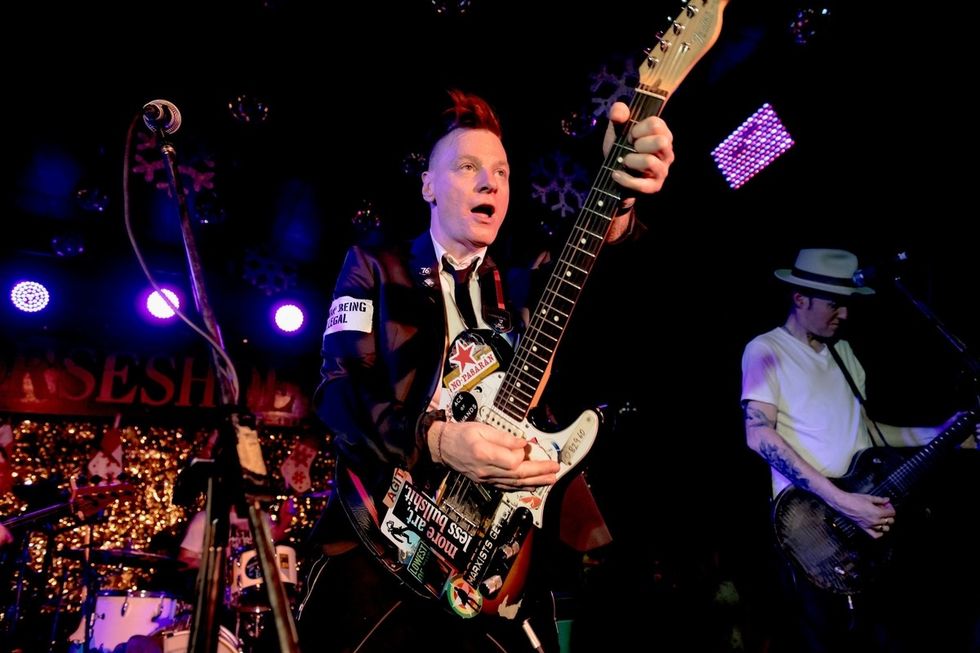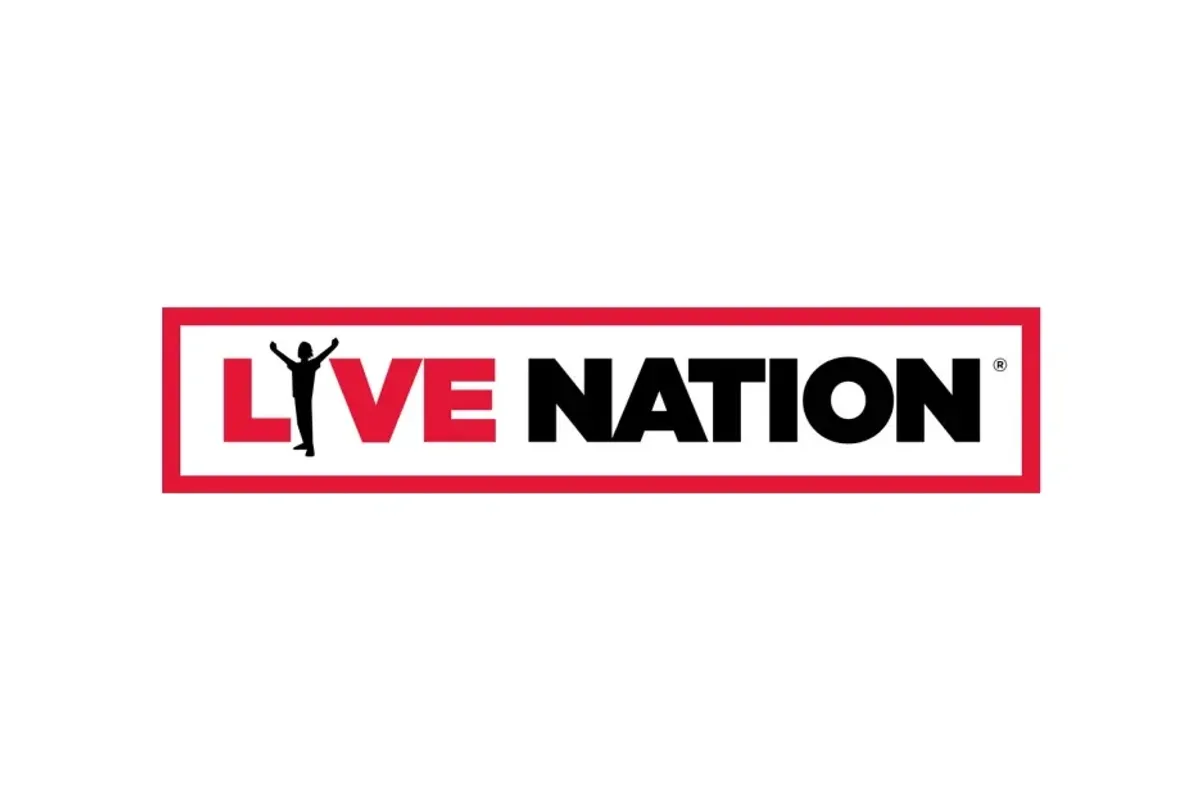Five Questions With… Ron Hawkins
The Lowest Of The Low mainman is releasing a new album with his other posse, the Do Good Assassins. Here he reflects upon the old school recording method, the DIY business approach, his socialist beliefs, and optimism that global turmoil may bring a brighter future.

By Jason Schneider
On his new album 246, out August 28, Ron Hawkins takes stock of the current state of the world while taking a trip back to a more innocent time—at least from a technical standpoint. The album’s title refers to the Tascam 246 4-track cassette recorder Hawkins and his band the Do Good Assassins used to make the album, a daring creative choice but one that he says rekindled the excitement he experienced when making his first recordings in the mid-1980s.
That was of course when Hawkins was laying the groundwork for his band Lowest Of The Low, which continues to be a going concern alongside his solo career. That flexibility seems to suit the ever-prolific Hawkins at this point, which made the decision a little easier to release 246 completely independently.
That DIY spirit also suits the new album’s overarching themes of a grassroots uprising and toppling the status quo, as evidenced in standout tracks such as Teenage Insurrection and Heartbreak On Hopper Street, the latter accompanied by a video made on his daughter’s iPad that Hawkins meticulously animated himself.
We caught up with Hawkins to find out more about the process of making 246, and you can keep tabs on his activities by going to ronhawkins.com.
Your new album 246 is an indie effort in nearly all respects. What got you to do things in that manner?
Well, it’s been such a long road that I’ve been in and out of the indie and “straight” music communities a dozen times. It’s like hopping from one freight train car to the next; you try not to slip and get ground under the wheels. But this time out, with people isolated at home and no live shows, I just figured it was the right way to go about it. Speak directly to the people, cut out the middleman.
The album was recorded on a Tascam 4-track, which you first used in the 1980s. Were there any lessons or tricks you learned since then that you applied to the recording process?
When I was first using a 4-track in the ‘80s, it was about getting songs down by any means necessary. That meant hiss and hum and tinny drum sounds and bad mic placement. With the intervening 40 years—ouch—I’ve learned about mic placement and how to use the room’s sonic anomalies to get certain sounds, as well as how to maximize signal-to-noise and how to get sufficient isolation when everyone’s playing in the same room. The biggest trick of all though is surrounding yourself with super talented people who make you look good. I have a fantastically soulful and musical bunch—Lee Rose on bass, Jody Brumell on drums and Stuart Cameron on guitar. We can set up in the same room and then tear the roof off. Four humans making music together… deceptively simple. Why do we always try to make things more difficult than that?
Lyrically, much of the album is a call to action, especially for young people. Are you feeling hopeful that real change will take hold in the immediate future?
Yes, with a capital YES! I’m a lifelong socialist and I believe in the wisdom of people, the power of anger and the mathematics of protest. I don’t want to sound like I’m disrespecting the loss of multitudes to Covid or the tragedy of George Floyd’s murder, but we may look back on these signposts as the spark that lit the bonfire for a revolution in how we live as a society. There is a palpable rage running through us, a rage that may lead us to a more equitable future. And how better to honour the memories of people who have died from governmental mismanagement and police violence?
How have you been adapting to engaging with your audience during the pandemic, and are you making plans to play live yet in 2021?
I’ve been performing since the pandemic started. I do something called Tommy Douglas Tuesday, which is a Facebook live-stream every week. I play two one-hour sets, I tell stories, I have sound effects and gadgets, and I hold up handmade cardboard signs with donation destinations for everything from Transgender Youth support groups to Black Lives Matter to new ways folks are finding to police their communities. I guess it’s a combination variety show, pledge run and tutorial. It’s fun and has been a way to keep the community I’m a part of from fraying too much at the edges.
Lowest of the Low released a new album last year. Do you feel that continuing to balance your solo work with LOTL is in the cards?
Definitely. For better or worse I seem to have access to the same level of energy I had when I started working on that Tascam 4-track when I was sixteen. When you add to that the more economical use of time and focus, it adds up to a lot of songs and ideas every year. So I feel like even writing for three projects is a possibility. If it felt like work I’d probably have a harder time keeping up but it feels like a blessing, and it still feels like play and discovery. What the hell, throw a couple stop-motion animated videos in there for fun too!

















